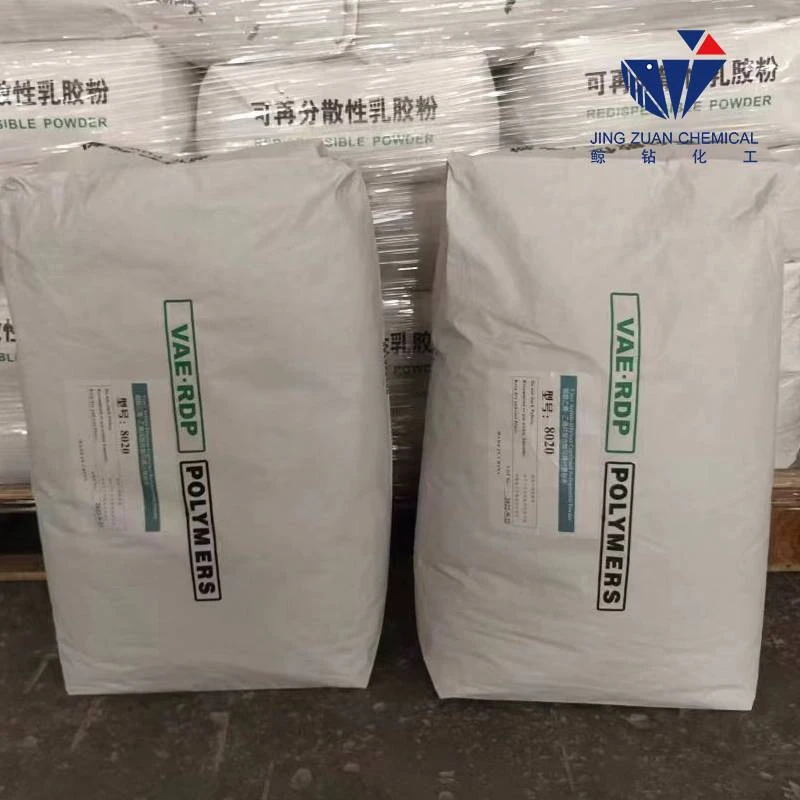
ডিসে. . 05, 2024 15:22 Back to list
hydroxyethylcellulose natural
The Role of Hydroxyethyl Cellulose in Natural Products
Hydroxyethyl cellulose (HEC) is a non-ionic, water-soluble polymer derived from cellulose, which is a natural polymer sourced from the cell walls of plants. Over the years, HEC has gained significant attention across various industries, notably in cosmetics, food, pharmaceuticals, and personal care products due to its exceptional thickening, binding, and stabilizing properties. Its versatility makes it an invaluable ingredient in the formulation of numerous products, while also demonstrating a commitment to sustainability in its natural origins.
Properties of Hydroxyethyl Cellulose
One of the primary characteristics of hydroxyethyl cellulose is its ability to form gels and increase the viscosity of solutions. This property is particularly beneficial in applications where a thick, stable consistency is crucial. The hydrophilic nature of HEC allows it to interact effectively with water, ensuring that it can create stable colloidal systems. Furthermore, HEC is compatible with a wide range of other ingredients, which makes it suitable for various formulations.
HEC is also known for its excellent film-forming capabilities, providing a thin, invisible layer on surfaces. This property is vital in skincare and cosmetic products, where a protective barrier is often required to retain moisture and enhance the overall efficacy of the product. Additionally, HEC's ability to modify the release rate of active ingredients makes it a smart choice for pharmaceutical applications, contributing to improved bioavailability and prolonged functional benefits.
Applications Across Industries
1. Cosmetics and Personal Care Hydroxyethyl cellulose is extensively used in shampoos, conditioners, lotions, and creams. In these products, HEC acts as a thickener, stabilizer, and emulsifier, ensuring a uniform consistency and improved texture. Its film-forming capability aids in creating a smooth application experience, while also helping to lock in moisture and nourish the skin.
2. Pharmaceuticals In the pharmaceutical industry, hydroxyethyl cellulose is valued for its role in topical formulations such as gels and ointments. Its ability to form viscous solutions allows for better adherence to the skin, enhancing the therapeutic effects of the medication. HEC is also utilized as a binding agent in tablets and capsules, contributing to the overall integrity and performance of the pharmaceutical products.
hydroxyethylcellulose natural

3. Food Industry Although less commonly known, HEC finds its way into food products as a thickening agent. It is used in various applications, including sauces, dressings, and dairy products, where it helps maintain viscosity and improve mouthfeel. Its safety profile and functionality make it a favorable choice for enhancing food texture without compromising natural ingredients.
4. Construction and Coatings Hydroxyethyl cellulose is utilized in construction materials, such as adhesives, mortars, and paints. It assists in improving workability and providing a creamy texture that enhances application and durability. Its water-retention properties also aid in extending the drying time, allowing for adjustments during application without compromising performance.
Environmental Considerations
The increasing move towards natural and sustainable products has further emphasized the relevance of hydroxyethyl cellulose. Sourced from renewable plant materials, HEC stands out as an eco-friendly alternative to synthetic polymers. With growing consumer awareness regarding the importance of sustainable practices, the demand for HEC in natural formulations is on the rise.
Additionally, HEC is biodegradable, contributing to reduced environmental impacts compared to traditional petroleum-based thickeners. As industries strive for greener alternatives, HEC’s ability to serve multiple functions while promoting sustainability makes it a valuable ingredient in the pursuit of environmentally responsible product development.
Conclusion
Hydroxyethyl cellulose plays a multifaceted role in various sectors, from cosmetics to pharmaceuticals and food. Its unique properties and natural origins make it a preferred choice for formulators aiming to create effective, sustainable products. As we move towards a more eco-conscious future, hydroxyethyl cellulose stands out not only for its functionality but also for its commitment to sustainability, making it a key ingredient in the development of natural formulations. As awareness and demand for environmentally friendly options grow, HEC will likely continue to flourish in applications that prioritize both performance and sustainability.
-
Versatile Hpmc Uses in Different Industries
NewsJun.19,2025
-
Redispersible Powder's Role in Enhancing Durability of Construction Products
NewsJun.19,2025
-
Hydroxyethyl Cellulose Applications Driving Green Industrial Processes
NewsJun.19,2025
-
Exploring Different Redispersible Polymer Powder
NewsJun.19,2025
-
Choosing the Right Mortar Bonding Agent
NewsJun.19,2025
-
Applications and Significance of China Hpmc in Modern Industries
NewsJun.19,2025







